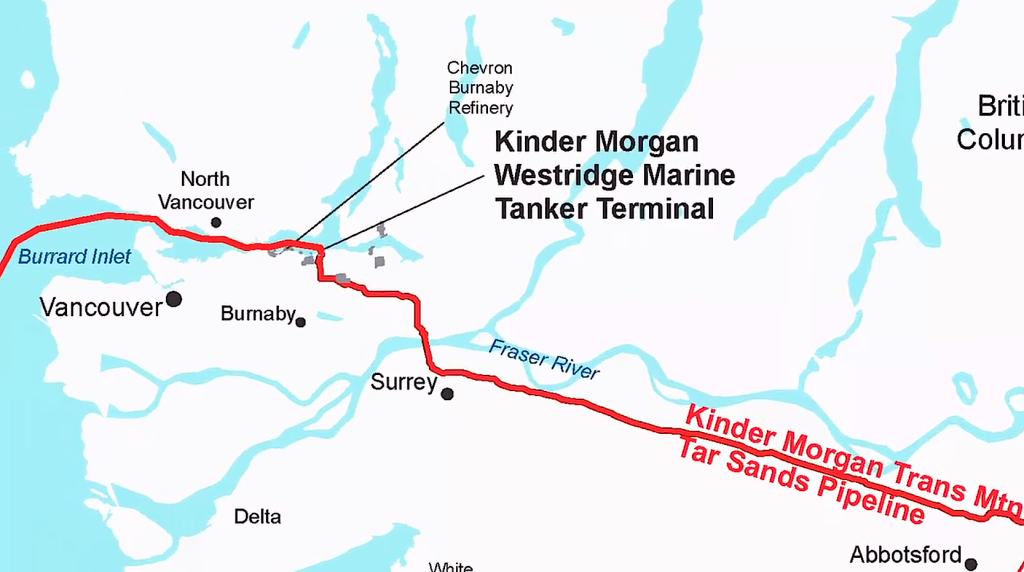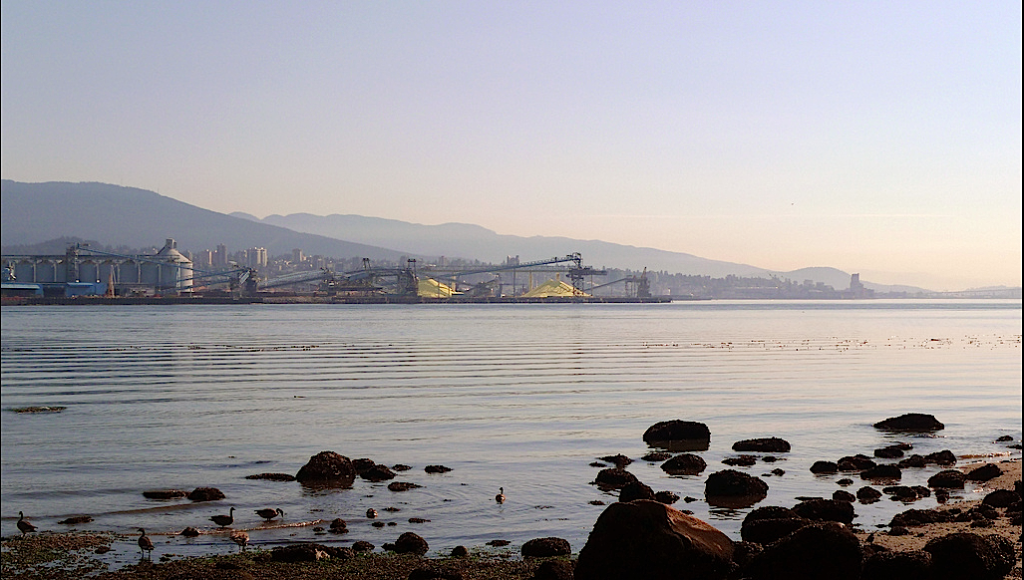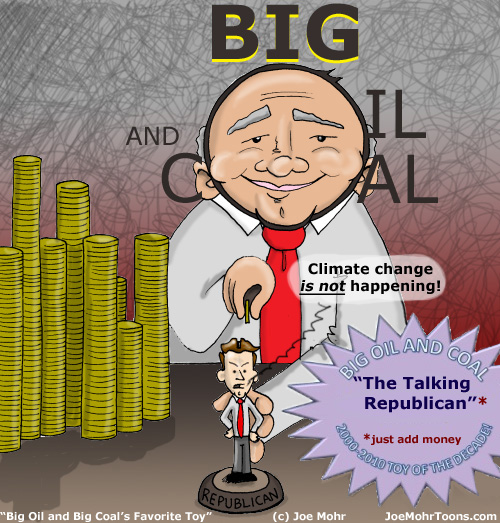Originally Published on the ECOreport

The Federal Government responded within 24 hours of Vancouver’s calling for a referendum on Kinder Morgan’s proposed Trans Mountain expansion project. Not by ensuring BC residents can obtain a proper hearing before the National Energy Board – Vancouver’s complaint – instead, Harper stiffens regulations for oil spills.
The possibility of an oil spill is one of the strongest objections that British Columbians have to both of the province’s proposed pipeline projects.
“A major tanker spill off the coast of northern British Columbia could wipe out any potential economic gains from the proposed Northern Gateway Pipeline project,” a University of British Columbia report concluded in 2012.
The prospect of a spill close to the harbors of Vancouver or Victoria is even more alarming.
There have been at least seven large land oil spills on the Trans Mountain pipeline, including one that resulted in 250,000 gallons soaking a residential area in Burnaby, since 2005.

Prime Minister Harper’s Government has decreed that pipeline operators must now carry up to $1 billion in insurance to cover the clean-up costs of land based spills. This is the amount that Enbridge had to pay to clean up the 2010 Kalamazoo oil spill in Michigan and also the amount that the government of British Columbia is demanding as one of the five conditions for approving the Northern Gateway Pipeline.
Philippe Reicher, vice president of external affairs for the Canadian Energy Pipeline Association, said, “It’s always been like this anyway. Under the current regime, the pipeline company will always be responsible for the cleanup and the costs associated with it, regardless of who’s responsible for it.”
The announcement were made just prior to a pipeline rupturing in Los Angeles; emptying 10,000 gallons of crude onto the streets.

Liability for a spill at sea will be increased to $400 million and compensation paid to claimants who lost earnings, as well as those who suffered property damages.
The Feds also responded to Premier Christy Clark’s demand that BC be given a “world class” marine and land oil spill response. This includes modern technology, legislation that will allow the use of chemical dispersants and burning spilled oil “when there is likely to be a net environmental benefit.”
These announcements do not address Vancouver’s complaint that the National Energy Board is “fast-tracking” Kinder Morgan’s application, “denying thousands of people who applied to participate the chance to be heard, limiting commentators to just a one-page written statement with no possibility of presenting oral statements as were allowed in previous hearing processes and not allowing intervenors to question witnesses.”
Nor have all Vancouver’s questions been answered.
- What qualifications does the team who completed Kinder Morgan’s study have?
- Where is Kinder Morgan’s assessment for “potential impacts of different types of earthquakes on the pipeline, including the risk of debris flows and landslides” and “contingency plans for responding to pipeline ruptures or incidents as a result of seismically triggered landslides or debris flows.”
- Why didn’t Kinder Morgan provide “complete vegetation surveys, watercourse crossing assessments, and wetlands assessments.”

Though the Trans Mountain pipeline ends in Burnaby, Kinder Morgan has yet to consult with that city’s fire, police or emergency services.
“The project requires access to Burnaby services and assumes the support of its fire, police and safety personnel…a project of this magnitude should not be imposed on a major municipality without the social licence from its citizens,” said Burnabys lawyer, Greg McDade.
The Harper Government’s announcements coincide with the release of a Conference Board of Canada report that indicates oil is the common denominator for economic performance. The nation’s three oil producing provinces – Alberta, Saskatchewan and Newfoundland — received +A scores for per capita income, economic growth, unemployment and productivity. British Columbia was given a “B,” which puts it alongside European nations like Germany and the UK.
“What this tells us is we have provinces outperforming the rest of the world, and we have provinces that are struggling along with the laggards in the eurozone,” said Brenda Lafleur, the project director for the think-tank.
The Canadian Government is expected to make a decision regarding the Northern gateway Pipeline next month.
